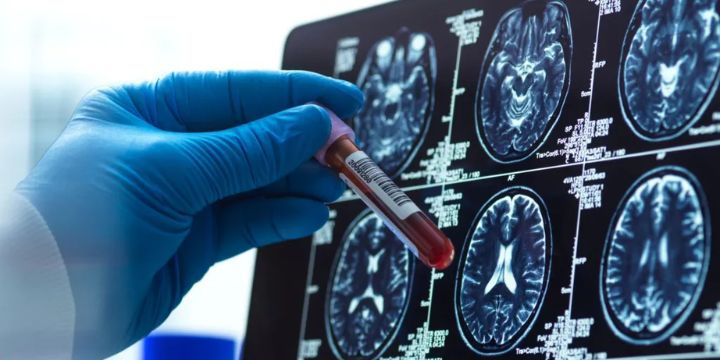Blood Biomarkers and Digital Test Advance Alzheimer's Diagnosis: Updated Guidance Supports New pTau Technology
- 13 oct
- 2 Min. de lectura

For decades, confirming an Alzheimer’s diagnosis required invasive or expensive testing, often involving spinal taps or complex brain scans. That era is rapidly drawing to a close, replaced by a suite of cutting-edge tools—chief among them, the simple blood draw. Recent advancements spanning clinical guidance, technological breakthroughs, and improved diagnostic accuracy are confirming that Blood Biomarkers are not just supplementary tools, but foundational elements in the future of Alzheimer's Diagnosis.
The foundational shift came with the Alzheimer's Association updated guidance, issued in July 2025. This recommendation supports the use of certain blood tests for diagnosis, a critical step that expands access to treatments and emphasizes the necessary role of blood biomarkers in clinical care. This policy update clears the path for widespread adoption of technologies that have been maturing rapidly in labs across the globe.
Leading this technological charge are new assays that measure phosphorylated Tau protein, a key biomarker related to both amyloid plaque and tau protein pathologies. Roche’s Elecsys® pTau181 test has achieved a significant milestone, becoming the only FDA-cleared blood test specifically measuring phosphorylated Tau 181 for Alzheimer's pathology. This regulatory clearance highlights the increasing confidence in the reliability of blood-based detection methods.
However, innovation is not limited to pTau181. A UK trial led by University College London is demonstrating the profound potential of measuring a related biomarker, p-tau217. This test promises to dramatically improve diagnostic accuracy, potentially raising reliability from 70% to over 90%. These results underscore how blood tests are transitioning from potential screening tools to highly precise diagnostic instruments.
Perhaps the most exciting development for primary care settings is the integration of these biomarkers with digital technology. A Swedish-US study validated a combined approach, pairing an amyloid blood biomarker panel with a self-administered Digital Test known as BioCog. This combination proved effective in boosting the accuracy of Alzheimer’s diagnosis. By streamlining detection accuracy and improving referral processes in primary care, this combined approach moves the diagnostic process out of specialized centers and closer to the patient.
These innovations collectively signal a turning point. The widespread acceptance of Blood Biomarkers means that diagnosing Alzheimer’s could soon be as routine as checking cholesterol levels. This convergence of updated clinical guidance, highly accurate pTau measurements, and integrated Digital Test systems promises earlier, more accurate, and less invasive diagnoses, ensuring patients gain faster access to vital treatments as they become available.







